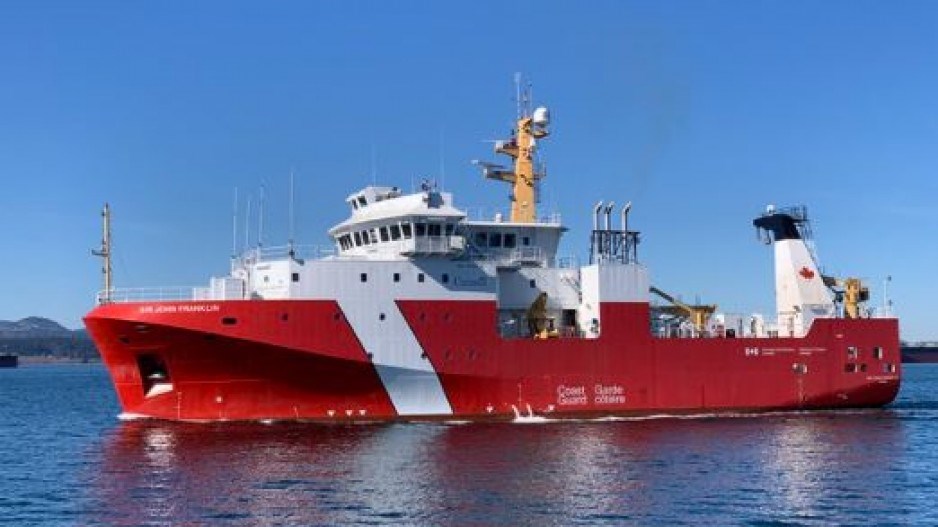The largest scientific expedition ever launched to study salmon in the North Pacific during the winter is getting under way.
Scientists from Canada, the U.S., Russia, South Korea and Japan will participate in the 2022 Pan-Pacific Winter High Seas Expedition.
The first expedition was organized by B.C. fisheries scientist Dick Beamish in 2019. It has since grown and has the support of governments, academia, the North Pacific Anadromous Fish Commission and International Year of the Salmon (IYS) organizations.
This year’s winter expedition will be the largest to date, involving four vessels. The original expedition in 2019 had a single vessel, which went to the Gulf of Alaska. This year's expedition will cover a much wider range of the North Pacific.
More than 60 scientists and crew will participate in the expedition, which will run from late January to April, and will cover four zones of the Pacific Ocean.
While at sea, scientists will be catching salmon and using genomics and environmental DNA to test both salmon and the waters in which they winter.
The goal of the expedition is to determine what happens to salmon when they go to sea. Over the past decade, salmon stocks in the more southern ranges of the North Pacific have been in decline, while salmon in more northern ranges have tended to flourish, especially pink salmon.
“For the first time in decades, international cooperation across the North Pacific will provide an invaluable snapshot of salmon distributions, their health, and their environmental conditions in these times of changing climate,” said Brian Riddel, science advisor for the Pacific Salmon Foundation.
“I expect these results will be foundational as we also begin a much larger study under the United Nations Decade of Ocean Science.”




